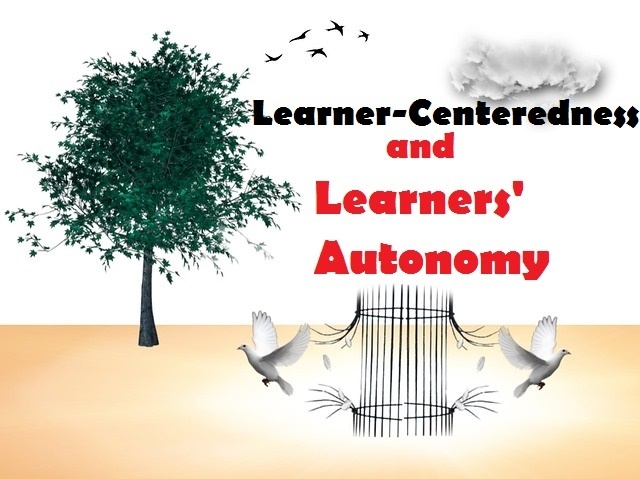Do our schools really focus on developing learners’ active citizenship, leadership, conflict resolution …etc., and other skills that are so important in real-life situations?
This is an important question to think about. I firmly believe that some of these things are missed in many educational programs.
Last year, I had a student. She was clever, sociable, active learner, and diligent. She was like “the ideal student”. After a couple of weeks, I observed a radical change in her behavior. She is no longer interested in her studies. She is constantly absent. I asked some of her intimate classmates and I was shocked to hear that she lost her mother. She belongs to a poor family and she is probably thinking about quitting school.
It was so hard for me because I losing a wonderful student.
A couple of days later, some of my students came to me and suggested to help her. They said that “we should collect some money and give it to her and organize a social afternoon and invite her to motivate her and tell her she is not alone”. To tell the truth, the students’ sense of support and initiative really amazed me.
This is a great example of active citizenship, and it is what we are ultimately striving for. This is the outcome of schools we eventually seek. Ask any educator and they will tell you: “the ultimate goal of education is to prepare young learners to be active citizens in their communities. Active citizenship is a broader concept.
This post may not be about defining the term but sharing my perspective as a teacher. This is not a criticism levelled against any educational system, but I firmly believe that many educational programs don’t focus on such values and most of their practices bring about “economic men”.
As teachers and educators, we often ASK:
How can we promote active citizenship? How can we equip our students with the necessary prerequisites: knowledge, skills, and attitudes to eventually enable them to be active citizens?
In this respect, I want to share a couple of ideas that can help teachers instill values of active citizenship in their school.
Firstly, teachers should consider active citizenship as a mindset, not as something they draw on from time to time. Teachers should teach with the belief that students will have to act in a certain way somewhere outside the class according to certain regulations and principles. So, they have to help students understand how to do that through continuously drawing on active citizenship.
Secondly, teachers have to involve students in a global conversation. you must have heard of “connecting classrooms“. If you have colleagues from English native-speaking countries, you can connect your classrooms to theirs. If you don’t, you can try it with local teachers. This helps learners have a broader perspective of what is going on, learners also learn to respect, value diversity and differences, develop cultural awareness and appreciate global and local differences of others.
Thridly, schools administrators and teachers should encourage students to do community services and voluntary work as often as possible. Students who are committed to do so should be given incentives. voluntary work and community service actually play a significant impact on individuals’ character. There is empirical research that shows the effect of voluntary on people’s social and psychological life.
Finally, teachers should create school clubs that foster students’ lifelong learning skills. These clubs will be spaces where learners can learn more about the outside world through theatre, music, drama, ICT, acting, impressions, talent shows, projects….etc.
I hope this post was beneficial to you. Please, share it if you think there is someone who needs to read about this. Join us on Facebook.







